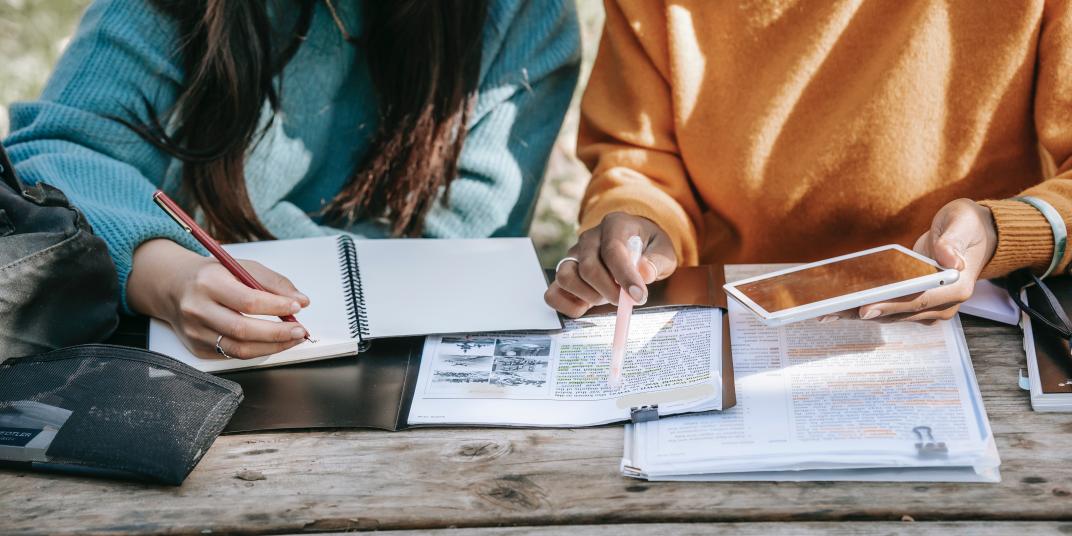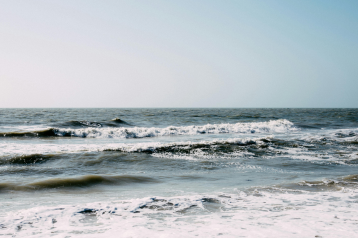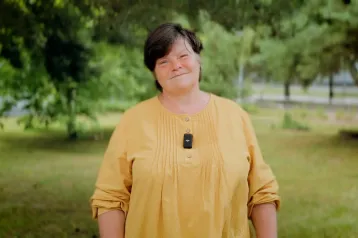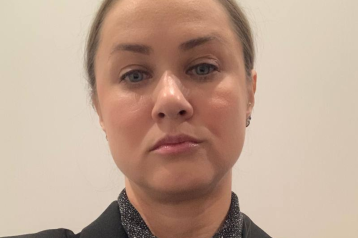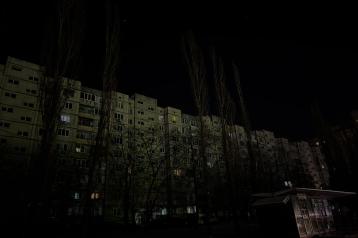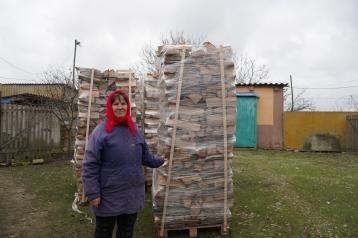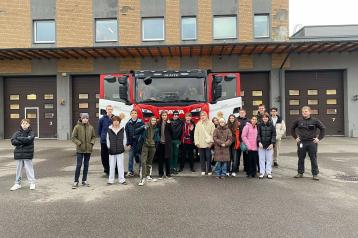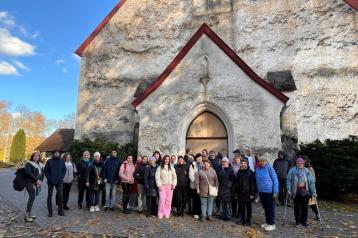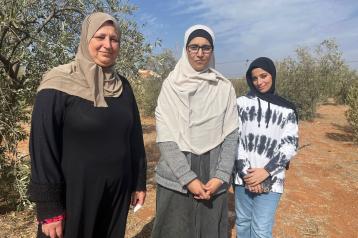Countries
Since 2015, Estonia has offered foreigners who have arrived here an adaptation program in English and Russian to help them settle in and adapt more easily. However, during these six years, beneficiaries of international protection have been offered a special module, possibly in their mother tongue.
Over the years, the module has grown: at a start the training lasted only one day, but as of today it is five days long.
Since the autumn of last year, the Estonian Refugee Council has been organizing trainings for the adaptation program in co-operation with the Estonian branch of the International Organization for Migration (IOM). This year we have already organized trainings in Russian and Turkish, trainings in Arabic and Farsi are being prepared.
During the first four days of the training, the trainers share information in the form of lectures and group works on, for example, refugee rights, Estonian social norms and legal space, educational and language learning opportunities, employment and the business environment. Basic knowledge about the Estonian social system and health care is also provided.
As a new topic, the training will provide more in-depth knowledge of the Estonian e-state and digital skills, because such clients usually see such an e-government system for the first time. The training also pays attention to various issues of everyday life. For example, it introduces how to find a place to live, how to use a public transport card and how to sort rubbish. Trainers also pay attention to the participants' mental health support and maintenance skills.
The last day of the training is intended as a day of activities aimed at introducing the local cultural life. For example, it could be a visit to a museum, a tour, or a city orienteering.
Previous experiences
We always ask people for feedback and impressions. The people whose opinions we share here attended the training in February and March and are all from Russia (names have been changed). Participants in the training can make connections with each other. “It's nice that you're not alone, participating in a group and meeting people in a similar situation,” said Roman (33).
During corona restrictions, training takes place via the Internet, but experience shows that face-to-face contacts are formed fairly smooth. Roman adds that when he moved to another country, he initially experienced fear, because in a new and unknown place a person has no friends or relatives. “I was afraid it would take a long time to understand how everything is organized here. The websites have everything listed, but there are still questions that cannot be answered. It consumes a lot of strength and emotions and causes stress. Then it is very good to have a place where you can ask all kinds of questions and the teacher is ready to answer,” said Roman.
The aim of the course is to give the refugees who come here the feeling that they are welcome and the understanding that they have rights here in addition to their responsibilities. Kuzma (43), for example, said that the very existence of such a comprehensive short course was an unexpected surprise and that the training enabled her to quickly adapt to new living conditions. Maria (39) added that the training was very easy to understand and she gained important knowledge about workers' rights and the functioning of the digital state. Her husband Mihhail (41) said: “I was surprised by the picture I received at the training about how electronic business is in Estonia: only to get married and divorce, you have to go to the official in person.” The training also helps those who come here to value more clearly the advantages of life here, which they may not have expected at first.
Asked what kind of knowledge was the most unexpected, Oksana (31) answered: “I was impressed with the way waste recycling is organized in Estonia, so there is no question of where to put old furniture or household appliances, for example.” Roman was positively surprised by the free education system and that the tax system is simple and understandable for a start-up.
Although the interactive activities are currently paused due to the pandemic, the participants in the training are looking forward to a joint visit to the museum as well as a physical, face-to-face meeting. New online trainings are coming in April.
The project is funded by the European Union through the Asylum, Migration and Integration Fund and the Ministry of the Interior.
